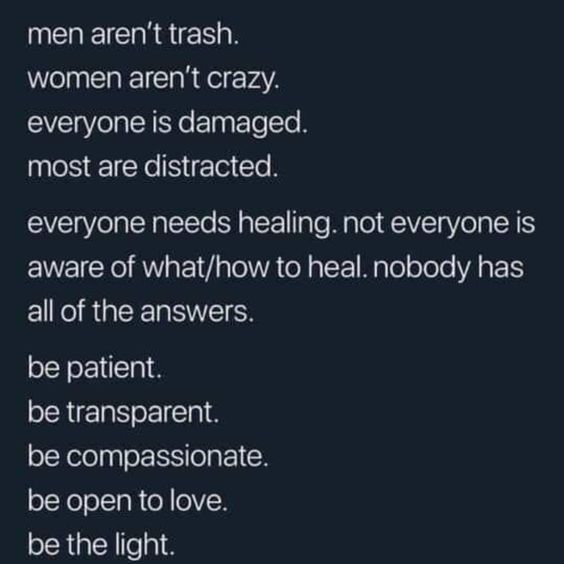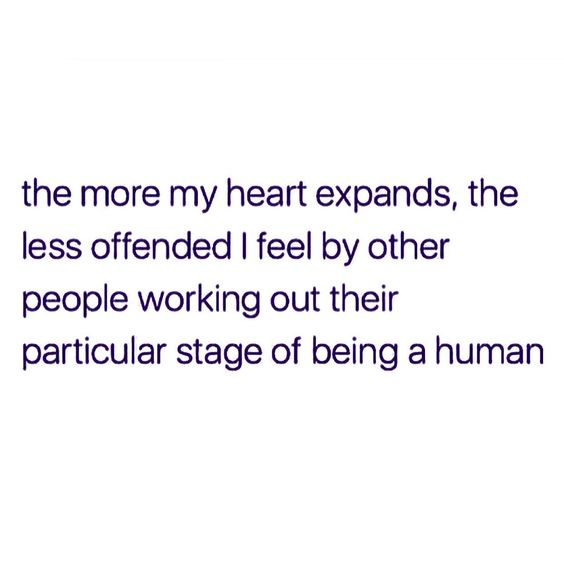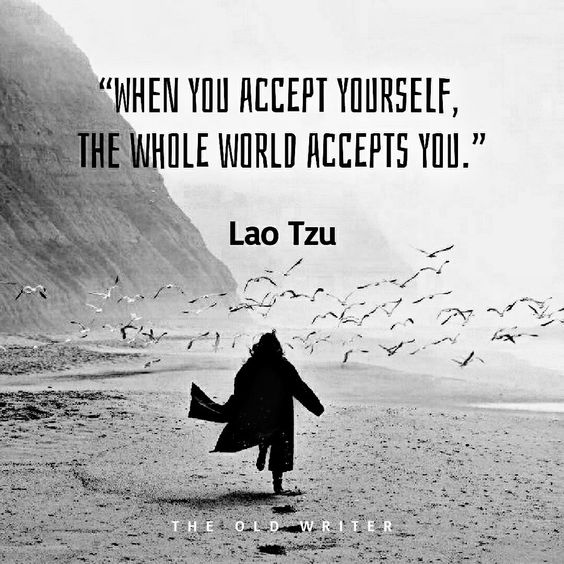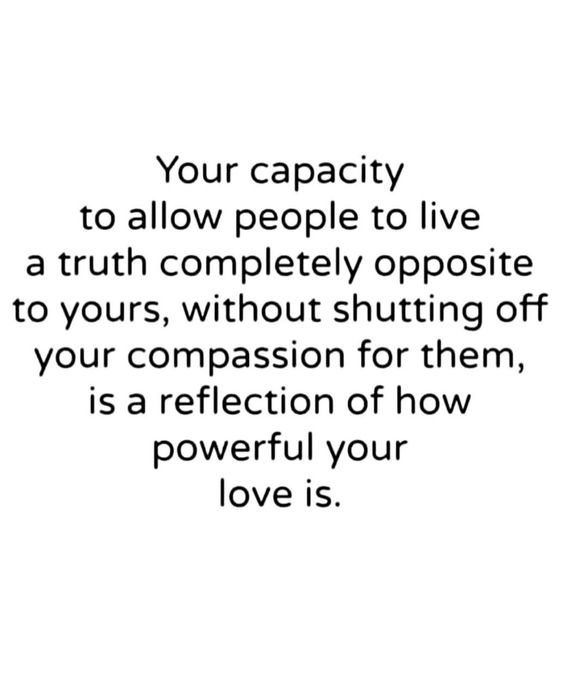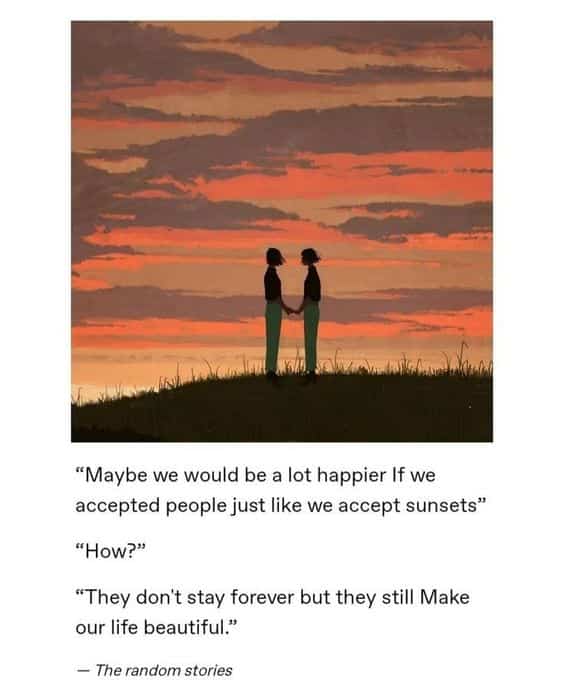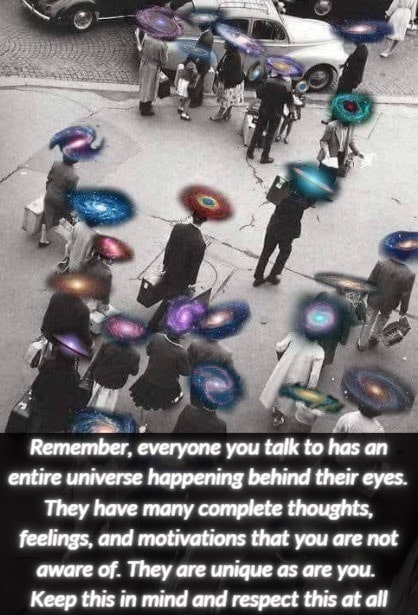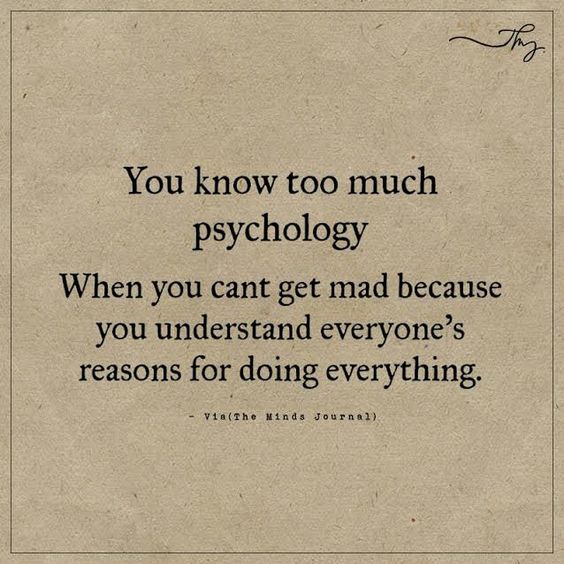“It was said that the true majesty of Marcus Aurelius was that his exactingness was directed only at himself. He did not ‘go around expecting Plato’s republic.’ People were people, he understood they were not perfect. He found a way to work with flawed people, putting them to service for the good of the empire, searching them for virtues that he celebrated and accepting their vices, which he knew were not in his control.”
Ryan Holiday, Discipline Is Destiny (Page 232)
“One of the most satisfying feelings I know — and also one of the most growth-promoting experiences for the other person — comes from my appreciating this individual in the same way that I appreciate a sunset. People are just as wonderful as sunsets if I can let them be. In fact, perhaps the reason we can truly appreciate a sunset is that we cannot control it. When I look at a sunset as I did the other evening, I don’t find myself saying, ‘Soften the orange a little on the right hand corner, and put a bit more purple along the base, and use a little more pink in the cloud color.’ I don’t do that. I don’t try to control a sunset. I watch it with awe as it unfolds. I like myself best when I can appreciate my staff member, my son, my daughter, my grandchildren, in this same way.”
Carl Rogers
“We have to focus on what we can learn from other people. We have to focus on what is special and unique about them instead of zeroing in on the ways they are not as good as us. We have to be forgiving and patient, kind and appreciative. We have to engage with what they bring to the table, not lament the things they take from it. Then we have to work to make those people around us better…not write them off as hopeless and broken.”
Ryan Holiday, Daily Stoic Blog
“By accepting people, by understanding and if possible even loving them for their human nature, we can liberate our minds from obsessive and petty emotions. We can stop reacting to everything people do and say. We can have some distance and stop ourselves from taking everything personally. Mental space is freed up for higher pursuits. Once we feel the exhilarating power from this new attitude, we will want to take it as far as possible.”
Robert Greene, The Daily Laws (Page 399)
“The overuse of the words toxic and narcissist not only show that there is a lack of compassion in how we deal with each other, but also that it is becoming trendy to expect each other people to not make any mistakes. There are obviously people out there who have caused harm, but we have to make sure that we find a healthy middle path where we create safe spaces for ourselves without expecting perfection from everyone we encounter.”
Yung Pueblo
“It’s hard to be a person in this world. Maybe not as much for you, but it definitely is for some people. So you must be patient. You must be understanding. You must not assume the worst. You must do what you can to help…and put up with the people that you can’t. Things are hard enough, you don’t need to make it harder…for them or for yourself.”
Ryan Holiday, The Daily Stoic Blog
“The closer people are to the truth, the more tolerant they are of the mistakes of others.”
Leo Tolstoy, A Calendar of Wisdom (Page 258)
“People normally see you through the very thick lens of their own past. Letting our lives be defined by the valuations/judgments that others place on us, is a quick path to people pleasing and constant dissatisfaction. If you want to do your life justice, then you need to simply be kind, walk gently, have compassion, but above all, live in a way that honors your truth. It is possible to view others without judgment, to see them through a lens of acceptance, but that takes intentional practice and healing work to relieve yourself of the thickness of ego.”
Yung Pueblo
“Almost always, when we look deep into our souls, we can find there the same sins which we blame in others. If we do not find a particular sin in our soul, then we should look more closely, and we will find even worse sins there.”
Leo Tolstoy, A Calendar of Wisdom (Page 224)
“The majority of people are subjective toward themselves and objective toward all others, terribly objective sometimes, but the real task is, in fact, to be objective toward oneself and subjective toward all others.”
Sören Kierkegaard, via Sunbeams (Page 157)
